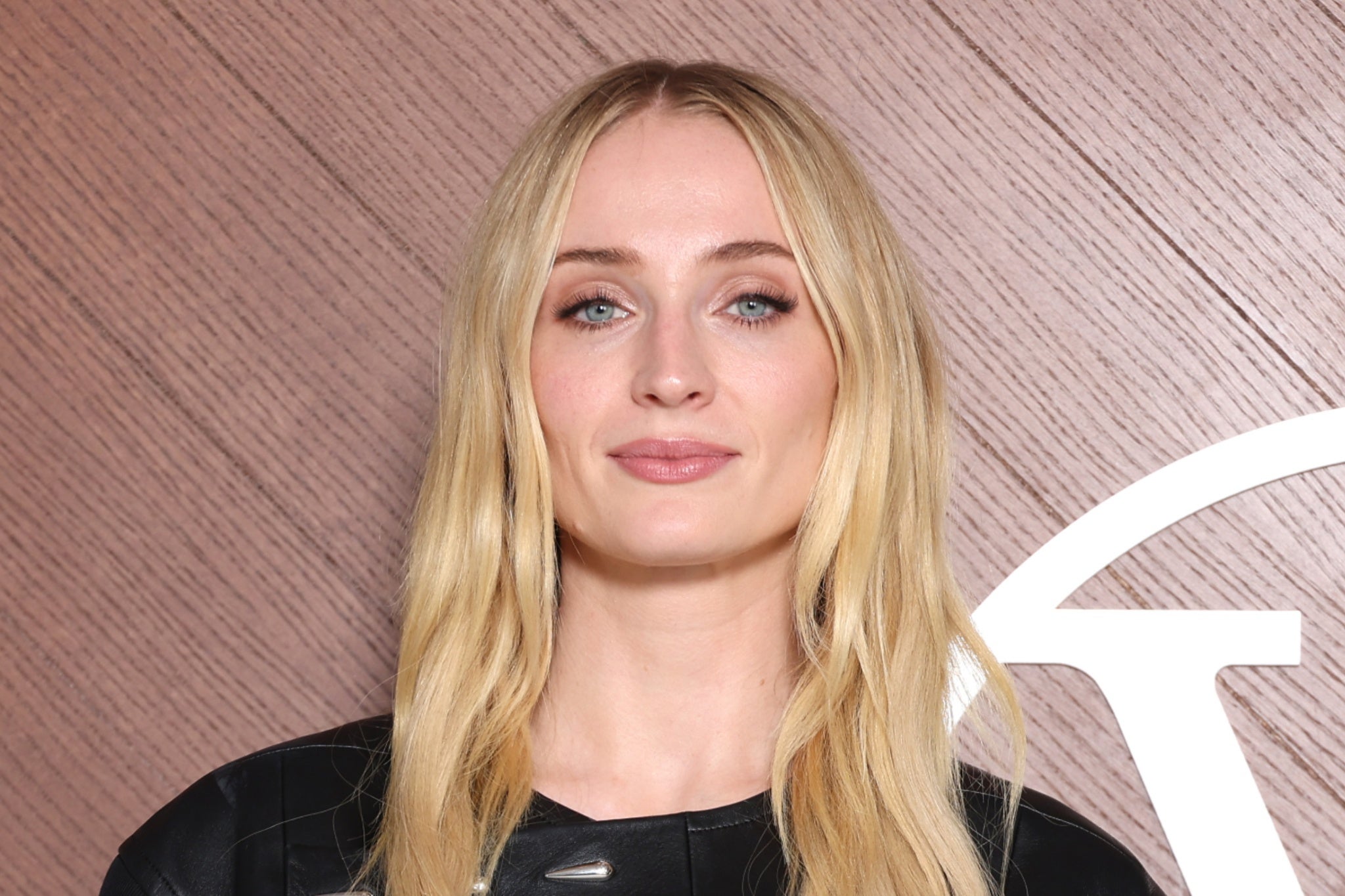Let’s face it: we should probably all get off social media. The internet’s grinding algorithmic maw has made short work of our fragile, organic brains – fostering insidious psychological insecurities, fermenting bitter ideological divides, and tearing our attention spans to ribbons. And if you’re a celebrity? The risks are twice as severe.
British actor Sophie Turner rose to fame at 14, when she was cast as Sansa Stark in HBO’s lurid fantasy hit Game of Thrones. The year was 2011, and Turner was one of the first generation of child stars to find fame in an era of ubiquitous social media. Speaking about it this week, Turner issued frank (or should that be Stark?) advice for the child stars of today. “I look at the kids who are about to be in the new Harry Potter,” she told Flaunt magazine, “and I just want to give them a hug and say, ‘Look, it’s going to be okay but don’t go anywhere near [social media]. It had such a profound impact on my mental health, like more than I could tell you. It almost destroyed me on numerous occasions.”
On a basic day-to-day level, this is invaluable advice: if you’re a famous person on social media, the internet’s barrage of unmediated feedback can be insidious, even dangerous. There’s vile personal abuse; parasocial fixations; scrutiny from every angle. But there’s also another, altogether less discussed reason why fledgling actors would do well to shun sites such as Instagram and TikTok. Their shot at stardom might depend on it.
If you look at the biggest actors on the planet – household names such as Tom Cruise, Leonardo DiCaprio, or George Clooney – it’s noteworthy just how offline they seem. It’s not that someone like Cruise is completely absent from Twitter, or Instagram: he has profiles, with many millions of followers. But he posts rarely, and almost never with even a soupçon of personal insight. They become, essentially, forums for advertising – one-way transmissions from the Cruise PR machine. The way someone like Cruise uses it, “social media” is rather a misnomer. And this is more or less the model for those in the uppermost echelons of movie stardom.
It’s not just a generational aversion to the internet, either: some of Hollywood’s biggest young up-and-comers – Zendaya; Austin Butler; Jenna Ortega – have in recent years maintained only the most sporadic and skeletal social media presences. The reigning Best Actress Oscar winner, 26-year-old Mikey Madison, is off social media entirely. If you were to describe it in cold and unsexy terms, it’s a matter of strict brand management. Or – to put it slightly more chicly – the preservation of mystique.
Movie stardom, true movie stardom, has always relied on mystique, on the fundamental opacity of the people we see projected onto a screen. Even for those who are obsessively discussed by the media – those stars whose private lives are photographed and speculated upon and strewn across tabloid pages – it never feels like these are people we know. Someone like Cruise is fascinating because he is so profoundly unrelatable.

And yet, for anyone trying to make it big in Hollywood right now, social media presents a difficult paradox. Increasingly, social media is essential to finding stardom in the first place – there are reports of film productions casting roles based on the size of a candidate’s social media following. To eschew Instagram et al as a fledgling actor is to significantly limit your own exposure; being able to retreat from socials for months at a time is a luxury, something a Zendaya-type can only do because they’re already globally famous.
Often, it is said that celebrities have a responsibility to use their platform for good, to loudly advocate for the right causes in a way that regular people cannot. But this too carries its own material risks; just look at Melissa Barrera, whose pro-Palestinian Instagram posts resulted in her firing from the forthcoming horror sequel Scream 7. Other young actors, such as Snow White star Rachel Zegler, have weathered abuse and reputational attacks as a result of their political outspokenness online.
All of which is to say that, yes, social media is a minefield, and the young Harry Potter kids would be doing themselves a favour if they steer well clear of it – for their careers just as much as their mental health. It’s often said that there are no real movie stars anymore, that Hollywood has simply stopped making them. I don’t believe this to be true – but if they’re to be found anywhere, it won’t be on Instagram.









